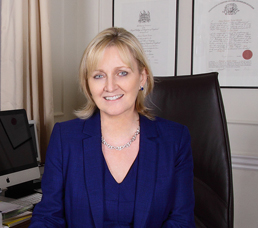Gout can be hard to diagnose, and it can come back time and time again. It may affect the same joint over and over, or it can move between joints. Treating gout is not simple as you need to address the flare-up and then take steps to prevent more flares from occurring.
What Is Gout?
Gout is a type of arthritis. It typically affects only one joint at a time. Gout most often affects the big toe. A build-up of uric acid causes it.
What Are The Symptoms Of Gout?
Gout is an intense form of arthritis. During a flare-up, you will experience intense pain in the affected joint. The pain will last for around 36 hours. After the pain fades there will still be significant discomfort in the joint. The discomfort can last for days or weeks. The affected joint will become swollen and red. Your joint will also be harder to move, and you might have limited motion.
Treating Gout At Home
If you get an acute attack of gout, there are a few things you can do at home to manage the pain. The best thing to do is to take an anti-inflammatory as soon as you notice the symptoms, for example, ibuprofen. Icing and elevating the joint can help. Then rest and avoid stress. The first 36 hours of an attack are the worst. Symptoms should then subside in around ten days.
Getting More Treatment For Gout
If you are suffering from gout then it may help to seek help from a rheumatologist. A rheumatologist can give you treatments to help with a flare-up. They can then provide you with guidance on how to stop future attacks. Make an appointment today with a leading rheumatologist. Dr Stephanie Barrett can help you to manage a flare-up and also help prevent more from occurring.



